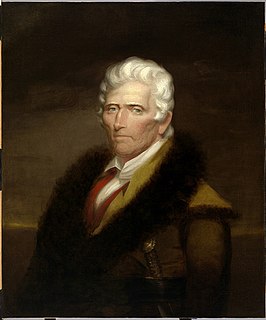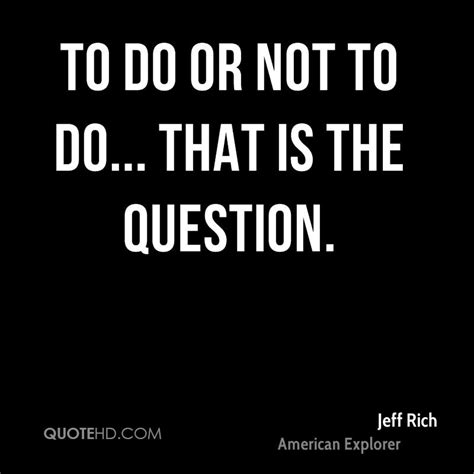Top 122 Quotes & Sayings by Edmund Hillary
Explore popular quotes and sayings by a New Zealander explorer Edmund Hillary.
Last updated on April 14, 2025.
If I wished to do something, even if I couldn't find anyone who wanted to make the effort with me, I would go out solo climbing. I did find solo climbing very challenging and a little frightening. You knew that you were completely on your own, and you had to overcome all the problems and possible dangers.
I think my first thought on reaching the summit- of course, I was very, very pleased to be there, naturally - but my first thought was one of a little bit of surprise. I was a little bit surprised that here I was, Ed Hillary, on top of Mt. Everest. After all, this is the ambition of most mountaineers.
I think I mainly climb mountains because I get a great deal of enjoyment out of it. I never attempt to analyze these things too thoroughly, but I think that all mountaineers do get a great deal of satisfaction out of overcoming some challenge which they think is very difficult for them, or which perhaps may be a little dangerous.
While on top of Everest, I looked across the valley towards the great peak Makalu and mentally worked out a route about how it could be climbed. It showed me that even though I was standing on top of the world, it wasn't the end of everything. I was still looking beyond to other interesting challenges.























